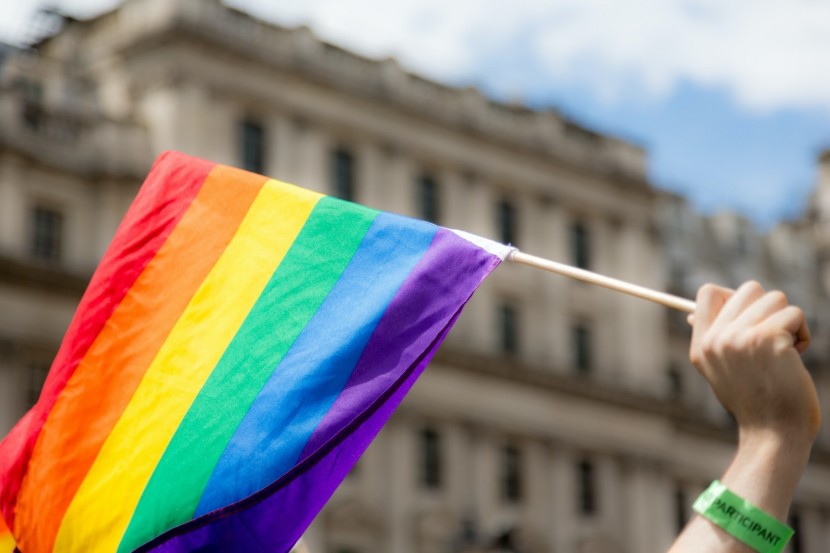
To the dismay of campaigners and non-governmental organizations (NGOs), Uganda's parliament has enacted one of the world's strictest anti-LGBT+ legislation.
The death sentence is still part of the anti-gay bill, which was initially passed by parliament in March. The phrase "aggravated homosexuality" is used by the government to characterize behaviors like engaging in homosexual intercourse when infected with human immunodeficiency viruses (HIV).
Activists fear that the law's 20-year jail term for advocating homosexuality might outlaw any rights activities, disregarding the removal of a section criminalizing anybody identifying as LGBT+.
Under the New Law
According to the Independent, one might face up to seven years in prison for "knowingly [allowing] their premises to be used for acts of homosexuality" under the new rule.
Colonial-era legislation that outlawed sexual practices "against the order of nature" made homosexuality illegal in East Africa. Life in jail without parole is the penalty for such a crime.
In a report by Reuters, members of the LGBT+ community said that a surge of arrests, evictions, and mob violence has occurred after the bill's initial approval in March.
Supporters of the proposed legislation argue that it is necessary to pass sweeping legislation to combat what they claim to be LGBT+ Ugandans' attempts, although unproven, to attract minors into homosexuality.
The modified law was approved by 371 lawmakers on Tuesday, May 2, and now awaits President Yoweri Museveni's signature. Museveni has 30 days to either sign the measure into law, send it back to parliament for amendments, or reject it.
Museveni has indicated his intent to approve the bill in the past, but only if certain amendments were made, such as the inclusion of measures to "rehabilitate" LGBT+ individuals.
'Useless' Amendment
Simply identifying as LGBT+ is no longer a crime, thanks to a change in the law. In addition, the legislation changed the requirements for people to report homosexual activities such that they are now only necessary when a minor is involved. Failure to comply with this order carries a maximum penalty of five years in prison and a fine of 10 million Ugandan shillings (about $2,700).
Adrian Jjuuko, an advocate for human rights, however, criticized the amendment because it was "useless" in its attempt to clarify how LGBT+ people should be identified.
"In practice, the police don't care about whether you've committed the act or not. They will arrest you for acting gay, walking gay," he pointed out.
The US has threatened economic retaliation if the legislation is implemented. A panel of UN experts has called it "an egregious violation of human rights," according to ABC News.
After Museveni signed yet another anti-LGBT+ law in 2014, western governments responded by cutting aid, restricting visas, and reducing security cooperation. Within months, a domestic court had struck down the statute on procedural grounds.








